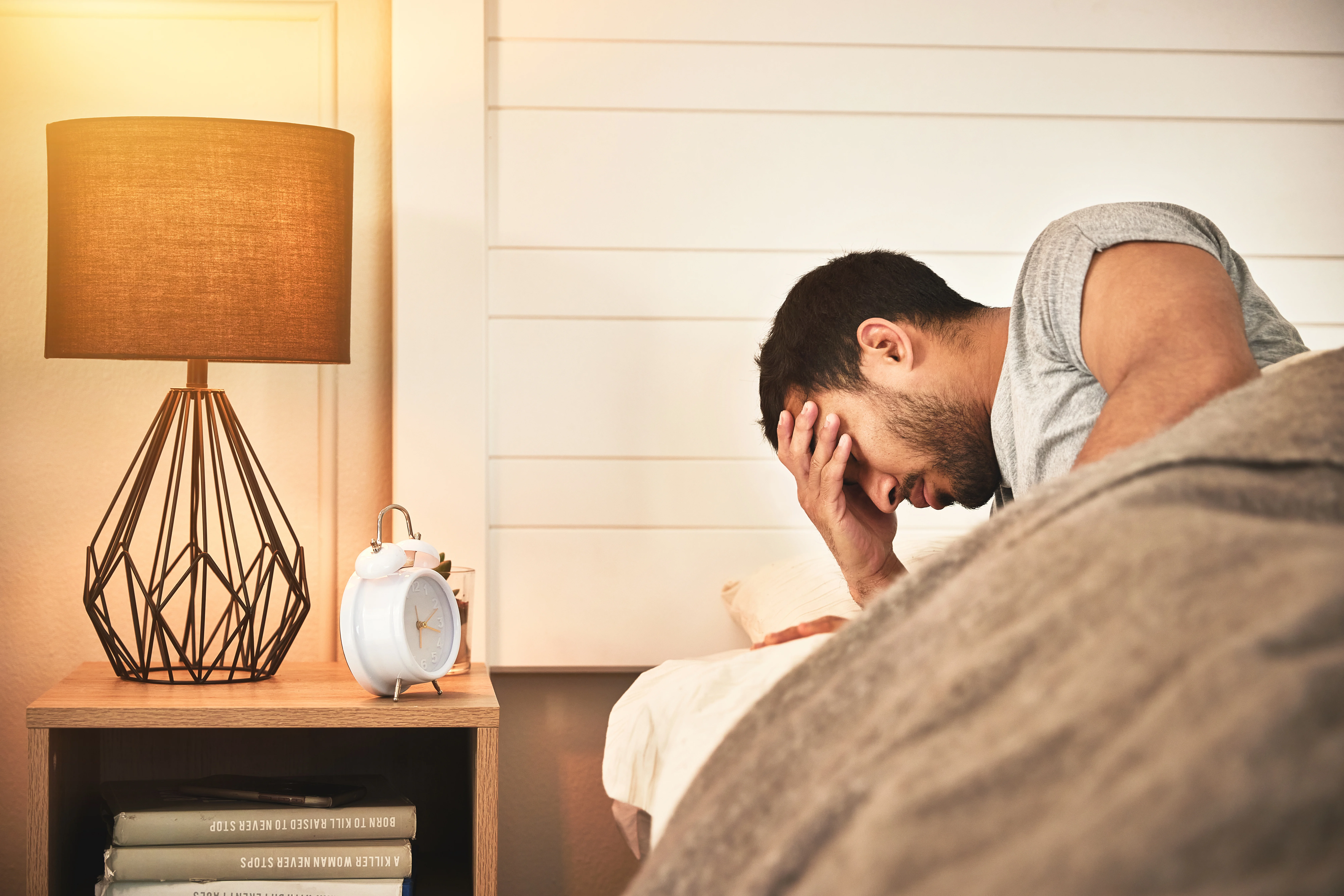The Most Common Substances Linked to Co-Occurring Disorders

Mental health and addiction have long been connected. Pre-existing mental health conditions are known to be one of the leading causes of why individuals turn to substances. On the flip side, substance use disorders are known to severely affect and cause an imbalance in the mental health of an individual.
It’s a vicious cycle.
When a substance use disorder and a mental health disorder exist simultaneously in an individual, this is described as having a co-occurring disorder.
The severity of each condition can be on different levels, and this severity can increase or decrease over time due to a variety of factors. Because of the complexity of co-occurring disorders, individuals typically require longer and more intensive periods of treatment, as compared to individuals who have a single disorder.
In this article, we’re going to take a closer look at co-occurring disorders, common causes, and the substances most closely linked with mental ailments.
What are co-occurring disorders?
A co-occurring disorder refers to the dual presence of a mental health disorder and a substance use disorder in an individual. This is also sometimes referred to as a dual diagnosis.
The reason why co-occurring disorders require professional medical help is due to the fact that each disorder usually exacerbates the severity of the other.
An individual suffering from a mental health condition turns to substances typically more intensely than an individual who’s simply curious. Along those same lines, an individual suffering from a substance use disorder is not only negatively neurologically affecting their brain, but they’re likely suffering in other areas of their lives as well, leading to worsened mental health.
What causes co-occurring disorders?
In many cases, the exact causes of an individual’s co-occurring disorders can be difficult to pinpoint. The symptoms of co-occurring disorders can mimic symptoms of other conditions, illnesses and disorders; some behavioral or mental signs are not always obvious or severe enough to blatantly diagnose.
That being said, there are certain factors that are believed to play a role in the development of co-occurring disorders. More often than not, it’s through the influence of multiple factors that an individual’s mental health suffers and substance use increases.
Some of these factors include:
- Genetics and family history of health
- Physical environment (chemicals, toxins, etc.)
- Social environment (stressful home, toxic friends or family, etc.)
- Unaddressed or intentionally suppressed trauma
- Prescription medication side effects
The causes of co-occurring disorders are complex and unique to each individual, which is why personally tailored, full-spectrum treatment is essential for a long-lasting recovery.
Commonly linked substances
There is no one kind of combination when it comes to co-occurring disorders and substance use, but there are certain psychiatric disorders and substances that are most often seen.
The most common mental disorders are:
- Anxiety and other mood disorders
- Schizophrenia
- Bipolar disorder
- Major depressive disorder
- Post-traumatic stress disorder
- Attention deficit hyperactivity disorder
The most common substances linked to these disorders are:
- Alcohol
- Tobacco
- Opioids
- Stimulants
- Prescription drugs
- Marijuana
When left untreated, co-occurring disorders can not only be dangerous to an individual’s health but can even prove to be fatal in the worst cases. Due to the often delicacy of these situations, it’s important to seek professional help when you suspect this disorder is present in yourself or someone you love.
Speak with an advisor today
We know it can be challenging or overwhelming to pursue addiction and mental health treatment, but it’s not something you’re going through alone. We’re here to help.
Rehab After Work is an outpatient treatment center that specializes in outpatient drug and alcohol rehabilitation. Recovery is notorious for being difficult, but our team wants to make it easier; we believe you shouldn’t have to sacrifice every other area of your life for the sake of healing one area in particular. That’s why our treatment plans are flexible.
If you aren’t sure what level of support you need or are still learning more about the different treatment and recovery options, send us a message today. One of our advisors will be in touch with you soon to learn more about your situation and help you identify the next best steps for your recovery.








